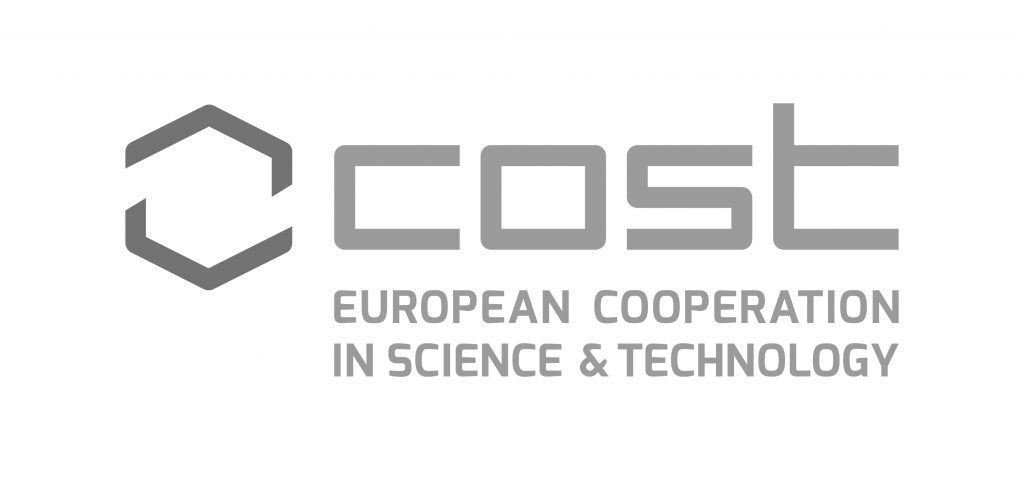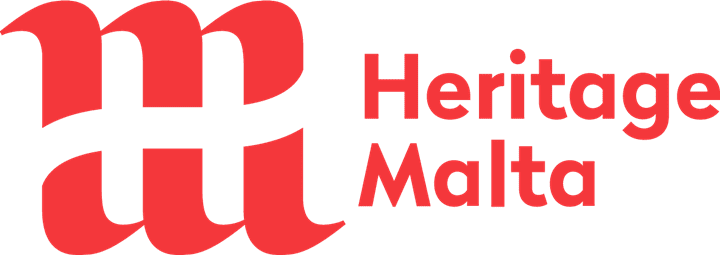Networking activities are organised through a Grant Awarding Process encompass mobility of Researchers and Innovators and presentation at conferences organised by third parties.
A. MOBILITY OF RESEARCHERS AND INNOVATORS
Short-Term Scientific Missions and Virtual Mobility:
SHORT TERM SCIENTIFIC MISSIONS (STSM)
B. PRESENTATIONS AT CONFERENCES ORGANISED BY THIRD PARTIES
ITC Conference consists in a presentation of the own work given by a Young Researchers and Innovators affiliated in an Inclusiveness Target Country / Near Neighbour Country for their participation in high-level conferences.
DISSEMINATION CONFERENCE
Dissemination Conference benefit to:
Training Schools serve to help the Action achieve their MoU Objectives and deliver impact with regard to:
Training Schools benefit to:
Action Chair: Giuseppe Pace
Action Vice Chair: Susana Martinez-Rodriguez
Science Communication Manager: Tony Cassar
Grant Holder Manager: Patricia Sclafani
Webmaster: Olga Lo Presti


Webdesign by Digitisation Department at
